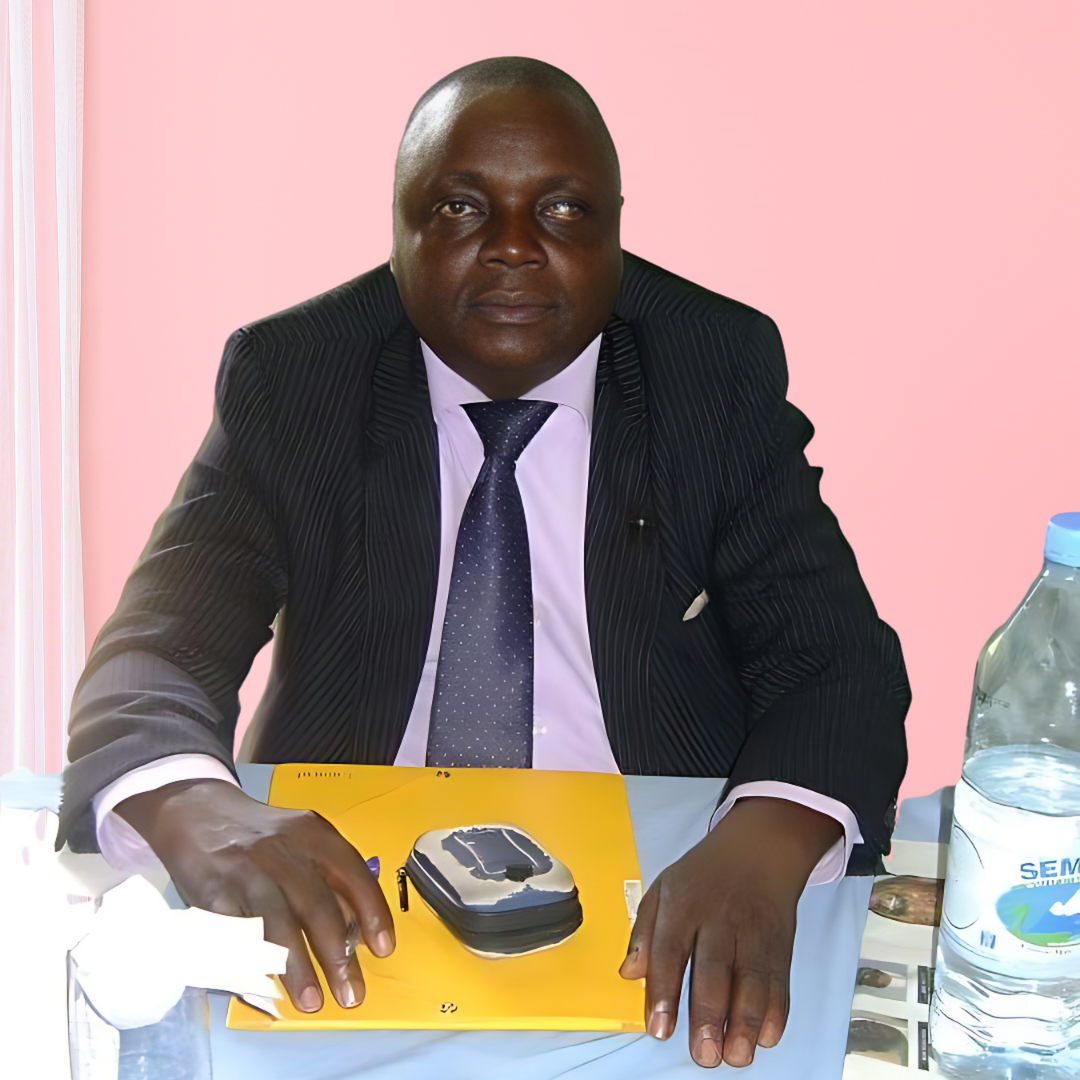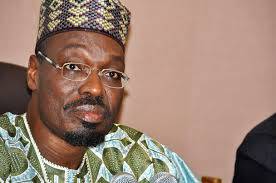The Call for Unmasking of Scientific Subjects in Cameroon’s Education System
In a recent development, Professor Maurice Kamto, the President of the Cameroon Renaissance Movement (CRM) Party, has voiced a significant concern regarding the state of education in Cameroon, particularly in the realm of scientific subjects. He attributes the aversion that students have towards subjects like mathematics and physics to the pedagogical methods employed in teaching these disciplines.
Kamto asserts that the complexity of scientific subjects is often perceived as insurmountable by students, which is a direct consequence of the teaching methodologies rather than the subjects themselves. He suggests that a national dialogue focused on the development of effective teaching strategies could play a pivotal role in transforming the educational landscape. By incorporating the outcomes of such discussions into teacher training and retraining programs, Kamto believes that Cameroon can pave the way for a scientific and technological revolution, which is crucial for the nation’s development and security, as well as its contribution to global scientific progress.
The educational challenges in Cameroon are deep-rooted, with issues stemming from inadequate infrastructure, lack of equipped laboratories, and a scarcity of competent teachers. Students often find themselves confined to theoretical knowledge, with little to no practical exposure, especially in biology and chemistry. This gap between theory and practice hinders their ability to excel and innovate. The STEM fields—Science, Technology, Engineering, and Mathematics—remain a distant dream for many in a country that has celebrated over six decades of independence.
Professor Kamto’s call for demystification is not just about simplifying scientific subjects but is a clarion call for a systemic overhaul of the educational system. It’s about making science accessible, relatable, and engaging for every student, thereby nurturing a generation that is well-equipped to tackle the challenges of the modern world.
The question that looms large is whether these proposed changes can be implemented effectively and whether Kamto if elected, can facilitate this educational transformation. His background as a law professor and former Minister Delegate to the Ministry of Justice provides him with a platform, but his past contributions to the education sector and his role in the political landscape remain points of contemplation for the electorate.
As Cameroon stands at the crossroads of educational reform, the demystification of scientific subjects could be the key to unlocking the potential of its youth and setting the nation on a path to sustainable development and innovation. It is a vision that requires commitment, collaboration, and a collective effort from all stakeholders involved in shaping the future of education in Cameroon.





